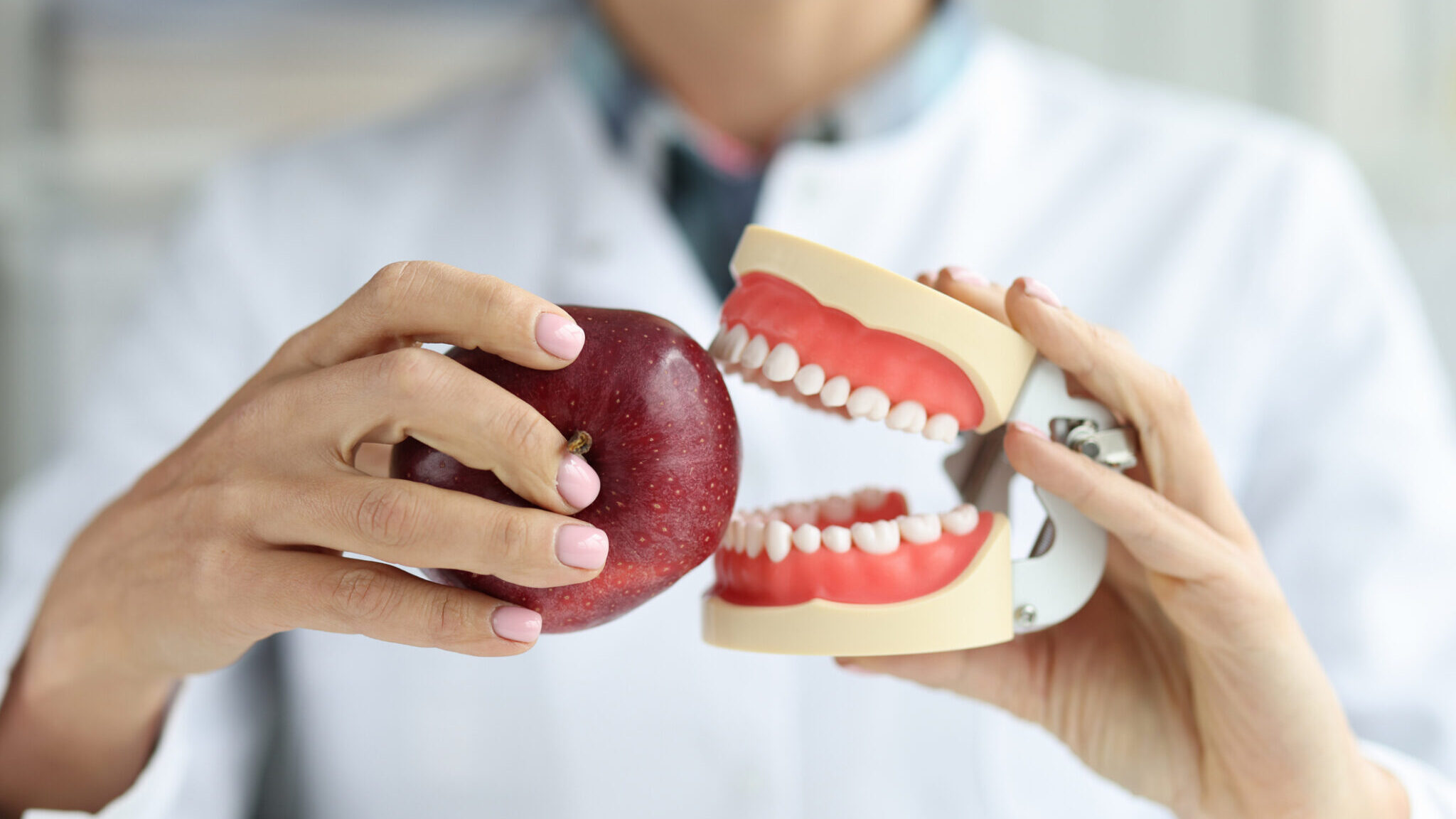
Next time you avoid exercising just say you were doing it for the benefit of your oral health. Physical exercise is considered to be good for just about all elements of health and well being, however a recent study has suggested that in the long run, it may increase the risk of tooth decay.
The study, which found that heavy-duty long-term training regimes may have a detrimental effect on teeth and oral hygiene, was published this summer in The Scandinavian Journal of Medicine and Science in Sports. There have been hints in the past that athletes could have a heightened risk for cavities and other oral issues. In a study published last year in The British Journal of Sports Medicine, dentists who examined 278 athletes at the 2012 Summer Olympics in London reported that a majority displayed “poor oral health,” including high levels of tooth decay, often in conjunction with gum disease and erosion of the tooth enamel. The athletes came from the United States and Europe as well as less-developed parts of the world, All of them admitted that they did have access to good dental practitioners and knew how to look after their teeth adequately. Most of them also confessed that despite the availability of dental care, they had not visited a dentist in the last year .

The researchers concluded that high-level professional athletes and long-distance runners were at an increased risk for poor dental health, but failed to conclude why this was the case. One assumption was that in order to stay hydrated and energized, athletes doing a lot of physical exercise consume high levels of sugar-based beverages. There are also energy bars and “shots” which are carbohydrate based sugar hits marketed at the endurance athlete. The majority of studies that have looked into this assumption however, have concluded that there is a very weak correlation between the consumption of sports drinks and the erosion of teeth enamel.
So to better understand what is going on inside the mouths of athletes, researchers with the dental school at University Hospital Heidelberg in Germany and other institutions recruited 35 competitive triathletes and 35 age- and gender-matched healthy adults who were not athletes. All of the volunteers visited the hospital’s dental lab for a full oral examination, including collection of their saliva after they had been sitting quietly. They also completed questionnaires about their diets, including consumption of sports drinks and other beverages, their normal oral hygiene routines, and their exercise habits, if any.
Then the researchers compared the groups’ teeth and spit, which turned out to be different in telling ways. Compared with the control group, the athletes showed significantly greater erosion of their tooth enamel. They also tended to have more cavities, with the risk increasing as an athlete’s training time grew. Over all, the more hours that an athlete spent working out, the more likely he or she was to have cavities. Strangely they found no difference between the athletes and non-athletes when it came to sports beverage consumption, nor were there any large differences in diet and sugar consumption. They also found no differences in the amount or chemical make-up of their volunteers’ saliva after the athletes and the non-athletes had been at rest.
But that situation changed when the athletes worked out. During their experimental runs, the amount of saliva that they produced progressively lessened, meaning that their mouths became drier, regardless of whether they consumed water or other beverages during the workout. The saliva’s chemical composition also shifted, growing more alkaline as the workout continued. Excess alkalinity in saliva is thought to contribute to the development of tartar plaques on teeth and other problems.
The extent of the changes in the athletes’ saliva during a workout were something of a surprise, said Dr. Cornelia Frese, a senior dentist at University Hospital Heidelberg, who led the study.
“We had thought sports drinks and nutrition might have the most detrimental influence on dental decay,” she said, “but we saw no direct link” between them. Instead, it was the changes in saliva during exercise that differentiated the athletes’ mouths from those of the control group. Since saliva “has a very protective function” for teeth, Dr. Frese said, having less of it or a chemically different version during exercise could be problematic.
But, she cautions, this study was small, short-term and in many ways unrepresentative of the oral risks most of us would likely face from exercise. “The athletes participating in our study had a mean weekly training time of nine hours,” she said. They were, in technical parlance, hard-core.
“All we can say” based on the data from this group, she said, “is that prolonged endurance training might be a risk factor for oral health.” Whether less frequent or intense exercise would likewise affect oral health is uncertain but unlikely, Dr. Frese said.
Still there are a few precautions that anyone who exercises and has concerns about their oral health might want to take, she said. Drinking water during workouts could be a start, although the connection between hydration and oral health is not scientifically established, Dr. Frese said. More generally, brush and floss, as you know you should. And if you’re a serious endurance athlete, consider visiting a dentist with a specialty in sports dentistry, she said. The goal is to ensure that your teeth remain in as good shape as the rest of you.
SOURCED: Asnan Portal – http://asnanportal.com/index.php/reports/news/710-extreme-exercise-and-oral-health












